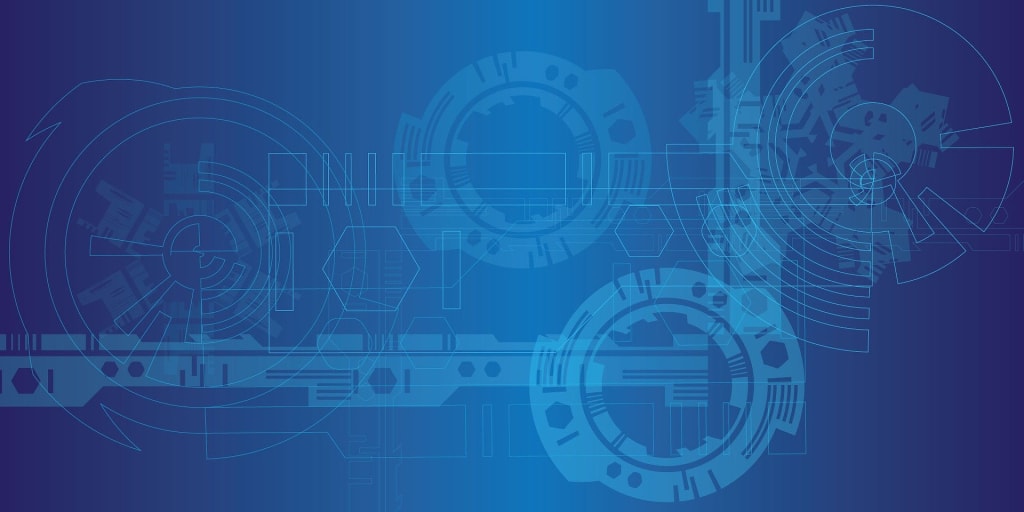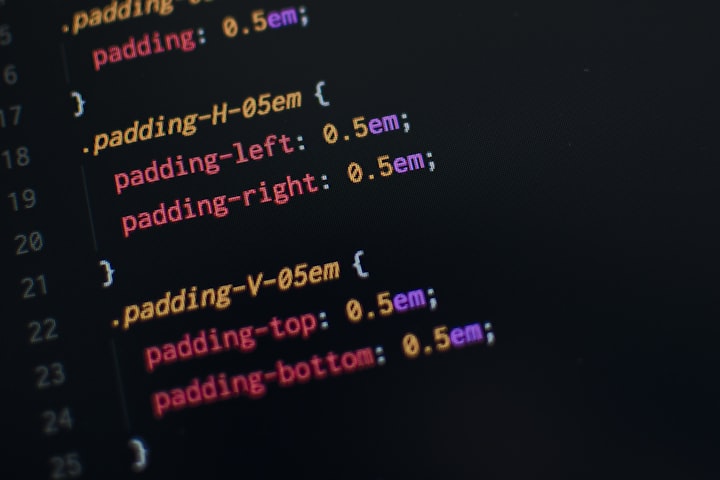We Have Finally Arrived In Our Partially Simulated Universe
So What Are We Going To Do Next?

Today we continue our exploration of the partial simulation by trying to figure out what the heck to do next. As you may recall if you have read any of my earlier posts on this topic we have finally arrived at what I believe to be a very likely (perhaps even the most likely) of situations if indeed we are living in a (partial) simulation. Remember it must be partial because of the ‘too good to be true’ problem which I currently believe is a fatal flaw in all total simulation hypotheses I have yet encountered. Notice I say currently as I am prepared to be convinced otherwise by a strong argument as to why it is not. Until that time I maintain that the most likely scenario is that the universe is 50–75% simulated and we are living in it as 100% real beings (assuming a simulation hypothesis of any type is actually correct). So the fuck what, is what I am now asking myself and perhaps you are thinking along similar lines.
We need to start somewhere so how about this, what would be the nature of the relationship between the simulated portion of the universe and the real? How much, if any, power would a simulation have in terms of influencing events in the real universe? I happen to think that the simulation would most likely be just an overlay ‘mapped’ onto base reality in some fashion. It could extend, twist, and shape (our perceived) reality, change its’ look, feel, smell, etc. but it could not fundamentally altar the basic physical laws that govern the actual universe. Therefore there would be significant constraints on exactly how much influence the simulated portion could have on the beings interacting with it. So, as a for instance, the simulation could not altar the distribution or masses of subatomic particles in the simulated portion of the universe in an attempt to change some event in the real portion or suddenly suspend one of the laws of nature like gravity. The fundamental physical laws that define how so many things happen in the universe would be unassailable in the simulated portions as well. That said, for any humans or intelligent non human animals encountering the simulated portions it could be made to ‘seem’ as if those laws had been suspended or altered. Moreover we could easily be fooled into thinking that we understand/know what those laws really are and therefore would automatically be in error if we encountered a situation in which they seem to have changed. For all we know it may have just been a glitch in the simulation which allowed the base reality laws to creep into at least a small portion of the simulation. All sorts of strange, unexplained phenomenon might be explained away in such a manner.
How then would this differ from the situation in a 100% simulated universe, again with us existing in it as 100% real beings? The glitching that allows for some portion of reality to break through might also occur. However I happen to think that in this scenario such a ‘reality breakthrough event’ would be much more unsettling. In the partially simulated universe we do have some access to the real, so in a sense it can be said that we already know the universe as it truly is, we are familiar with it. If parts of it break through the simulation, the impact on our senses, on our minds would more than likely be minor. In a total simulation scenario on the other hand we have zero exposure to and no knowledge of the actual universe. It in fact may have different physical laws from the ones we have only ever experienced in the simulation. A breakthrough in such a situation could have devastating impacts both on our bodies and our minds. Death (remember we are real so we can die) or insanity could be the end result. Our minds were not evolved to understand a universe that operates in any way other than the way in which we are familiar. If suddenly up were down and small was big we might simply not be able to cope. That said the entire concept of evolution is thrown into confusion in a totally simulated universe. How can we believe in adaptation through natural selection when their is nothing truly ‘natural’ in the (simulated) universe. Its simulation all the way down and thus ‘created by others’ with intent and presumably for a purpose. Those three characteristics stand in direct opposition to something natural depending on your views as to the nature of the universe I suppose. Another advantage to the partial simulation is saving evolution from all sorts of difficulties that arise when considering how it might operate in a simulation. A topic for a future post I suppose.
Another question that needs answering relates to the overall quality of the hypothesis as I have described it. Is the partial simulation hypothesis that we have finally arrived at strong or weak or somewhere in between. One of the things that makes a hypothesis strong is its explanatory power. If our partial simulation hypothesis can explain many things that current hypotheses/explanations of how the world/universe works cannot we may grant that it is strong. If I take a quick look at the wikipedia page on the list of unsolved problems in physics and just pick one at random (starting with the general physics/quantum physics subcategory) let us see if our partial simulation hypothesis can shed any new light on it. After a quick roll of my dice (a very imperfect semi random process in the real universe I think I live in but who knows what might determine the result of a dice role in a partially or totally simulated one). In any event I ended up selecting the problem of the fine tuned universe.
Simply put the fine tuned universe problem relates to the fact that the values of the fundamental physical constants are in a narrow range necessary to support carbon-based life. In fact, if they were anything other than exactly what they are we would not, could not, be here. Is this because there exist other universes with different constants, or are our universe’s constants the result of chance, or some other factor or process? In a 100% simulated universe as 100% simulated beings (SH1) the answer is quite simple, the laws are what they are because they were ‘programmed’ that way and we are here for the same reason. In a 100% simulated universe in which we are 100% actual beings (SH2) a similar but slightly different answer. The universal laws are what they are because they were ‘programmed’ that way and we are here because either the simulators programmed it precisely to match the needs of our physiology, or we only think we are here and are actually imprisoned in a vat or in a lab or who knows where plugged into a simulation machine a la The Matrix. While these explanations make sense they also fail to shed any light on the question of why? Why did the simulators program it the way they did in the case of SH1 and why did they choose us as the beings that wanted to go to all the trouble to program a simulation for either as free actors within it or as imprisoned beings moving through it.
In the partial simulation hypothesis scenario I have proposed we are 100% living in a partially simulated universe so we need only concern ourselves with trying to show how we overcome or shed some light on the problem of why inherent in SH2. In a partially simulated universe scenario one could imagine a situation in which our simulators find themselves in the actual universe observing the human race growing and evolving, becoming conscious, warring and fighting, inventing terrible weapons, etc. They come to believe that if they survive the human race may continue to evolve to the point where they would pose an existential threat to all life in the universe. Because they are a wise and inherently peaceful race the simulators try to devise a solution to this problem that does not involve our total annihilation as a species and also (mostly) leaves our free will in place. In such a situation partially simulating the universe seems like a good compromise. Moving us into a total simulation would essentially strip us of our freedoms. I recognize others will argue that point and disagree but the simulators believe it and so rule out that possibility immediately. The partial simulation is the next best option and all that is left is the debate about percentages which as I have already described most likely ends in the 50–75% range.
Authors note: This has gone on long enough and I am tired. I think it is in a good enough place to publish. Below some more half formed thoughts and half baked ideas. The evolution angle seems very interesting. I may kick that one around next. Of course you know what time it is. Arby’s time bitches. Nice!
While the simulators cannot effect the way we interpret the things that we experience since we are 100% real, they can effect in ways great and small what the things are that we (believe falsely) we experience. Take the case of the problem of measurement and wave function collapse. We still have no satisfactory answer for what constitutes a measurement in a quantum system, the measurement is said to be the thing that triggers the collapse of the wave function into a definite state. In the partially simulated universe the superposition of states is observed because with our instruments we are probing at near the base level code of the simulation sytem itself more than likely some form of quantum computer. When we observe superposition in experiments and believe we are seeing some true feature of the universe we are really just seeing the simulation ‘program’ raw data. The simulators get very nervous when we start probing so deep into their software so have…….
measurement could be simply what the simulators provide to us in the form of simulated reality, i.e. the raw data of the simulation. the algorithmic output from the “computers” running the simulation program. The superposition of states that we experience when studying quantum phenomena is nothing more than an indirect observation of the qbit state of the quantum computers running the simulation program itself. Once the simulation q bits cohere to a set programmatic path the definite state is reached…...
The problem of non locality (or spooky action at a distance) is easy enough to imagine away as well. There is no ‘distance’ in the simulate portions of the universe, or at least not distance in a way that we have the ability to understand. What we see as action at a distance is just an illusion, the spatial seperation we believe to exist between the objects influencing each other from light years apart, are only believed to be that far apart. There is no distance between objects in the simulation….
deja vu
coincidences
About the Creator
Everyday Junglist
Practicing mage of the natural sciences (Ph.D. micro/mol bio), Thought middle manager, Everyday Junglist, Boulderer, Cat lover, No tie shoelace user, Humorist, Argan oil aficionado. Occasional LinkedIn & Facebook user






Comments
There are no comments for this story
Be the first to respond and start the conversation.